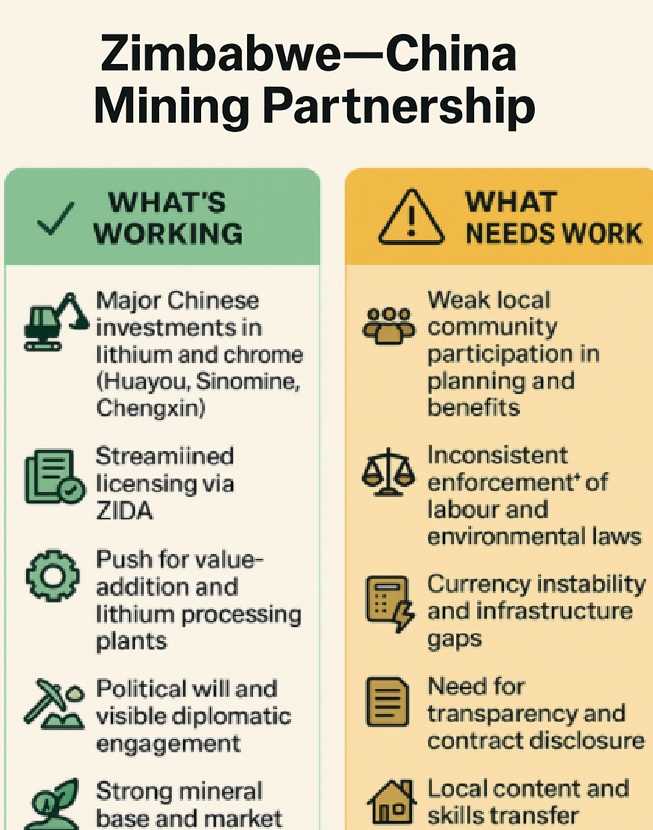
ZimNow Analysis Desk
When Mines and Mining Development Minister Winston Chitando took the stage at the China Mining Conference in Tianjin recently he went full out to position Zimbabwe as the place for big mining investors to zero in on.
“Zimbabwe is a land of unparalleled opportunity,” he declared to a packed audience of global investors. “Our partnership with China is the bedrock upon which we build our future.”
The sales pitch and a declaration of intent rolled into one sounded great. But the situation on the ground shows that the country needs to do more to attract investors while also the ensuring equitable development among its own people.
What Zimbabwe Has Gotten Right
1. Big-Name Investments
Zimbabwe’s partnership with Chinese mining giants is already visible on the ground. Huayou Cobalt’s Arcadia, Sinomine’s Bikita Minerals, and Chengxin’s Sabi Star have turned once-silent hillsides into humming lithium hubs.
These projects have injected new life into the mining sector, making Zimbabwe one of Africa’s most talked-about lithium players. They’ve also brought new technology, foreign currency, and the kind of infrastructure development that smaller local miners could only dream of.
2. A Friendlier Policy Climate
For once, the message from Harare is consistent: we’ve moved beyond the past.
The Zimbabwe Investment and Development Agency (ZIDA) now serves as a one-stop shop, streamlining licensing and cutting red tape. Investors who once grumbled about unpredictable laws now report faster approvals and clearer terms. Government is also moving to reduce red tape by removing some licenses and cutting processes.
3. The Push for Value Addition
Chitando’s strongest appeal was for investors to move beyond extraction.
Related Stories
“Don’t just mine. Process, manufacture, and build with us,”
he urged. That call mirrors government plans to ban raw lithium exports by 2027 — a policy meant to push investors to build processing and battery plants locally. Huayou Cobalt, for instance, is already constructing a lithium sulphate plant set to start operations in early 2026.
If managed well, this could be the bridge between foreign investment and industrial transformation — the holy grail Zimbabwe has chased for decades.
Where the Gaps Still Show
1. Local Inclusion
Many locals feel shut out of decision-making, while smallholder farmers complain of displacement without fair compensation and poor access to jobs in exchange. It is government responsibility to create policies that lead to employment creation by private players, but in the narrative, Chinese investors are saddled with that responsibility, while the large of number of jobs that they have created is dismissed. While the large mines have put much into corporate social investment, development and job creation, high local resentment continues to shadow even the most profitable projects.
2. Environmental and Labour Standards
Environmental watchdogs have flagged irregular waste disposal, land degradation, and lax enforcement of Environmental Impact Assessments.
Equally, worker unions report low wages and long shifts at some Chinese-run operations. While not unique to Chinese investors and are often associated with small operations, these issues threaten Zimbabwe’s “open for business” narrative.
A global reputation for cutting corners can be expensive — not only for government but also for the serious Chinese firms trying to do things right.
3. Policy Certainty and Economic Stability
For all the talk of predictability, Zimbabwe’s macroeconomic environment still gives investors pause. Currency volatility, forex retention policies, corruption, power shortages, and high import costs eat into returns. If investors feel trapped into paying bribes to operate, the open for business mantra rings hollow. Investment promotion must be matched by execution consistency.
5 Pillars to Ensure the Walk Matches the Talk
Chitando’s charm offensive in Tianjin showed confidence and clarity of vision. But sustainable partnerships require more than speeches.
To attract more Chinese mining investment and keep local communities on board, five priorities stand out:
- Stronger community engagement: Give locals a real voice before and during projects, with legally binding benefit-sharing agreements.
- Transparency in contracts: Public disclosure of ownership and community commitments can build public trust and disarm critics.
- Local content enforcement: Encourage procurement from Zimbabwean suppliers and mandatory training for local technical staff.
- Environmental accountability: Strengthen the Environmental Management Agency to monitor compliance — good for both people and reputations.
- Stable macro conditions: Investors value certainty more than incentives. Currency stability and power reliability will do more to attract capital than glossy brochures.
Government needs to shape policies and enforcement structures that ensure that Chinese investment equals true shared prosperity while businesses are assured of stability, consistency and transparency.










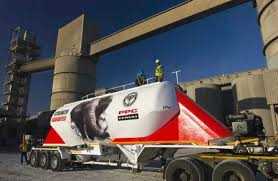

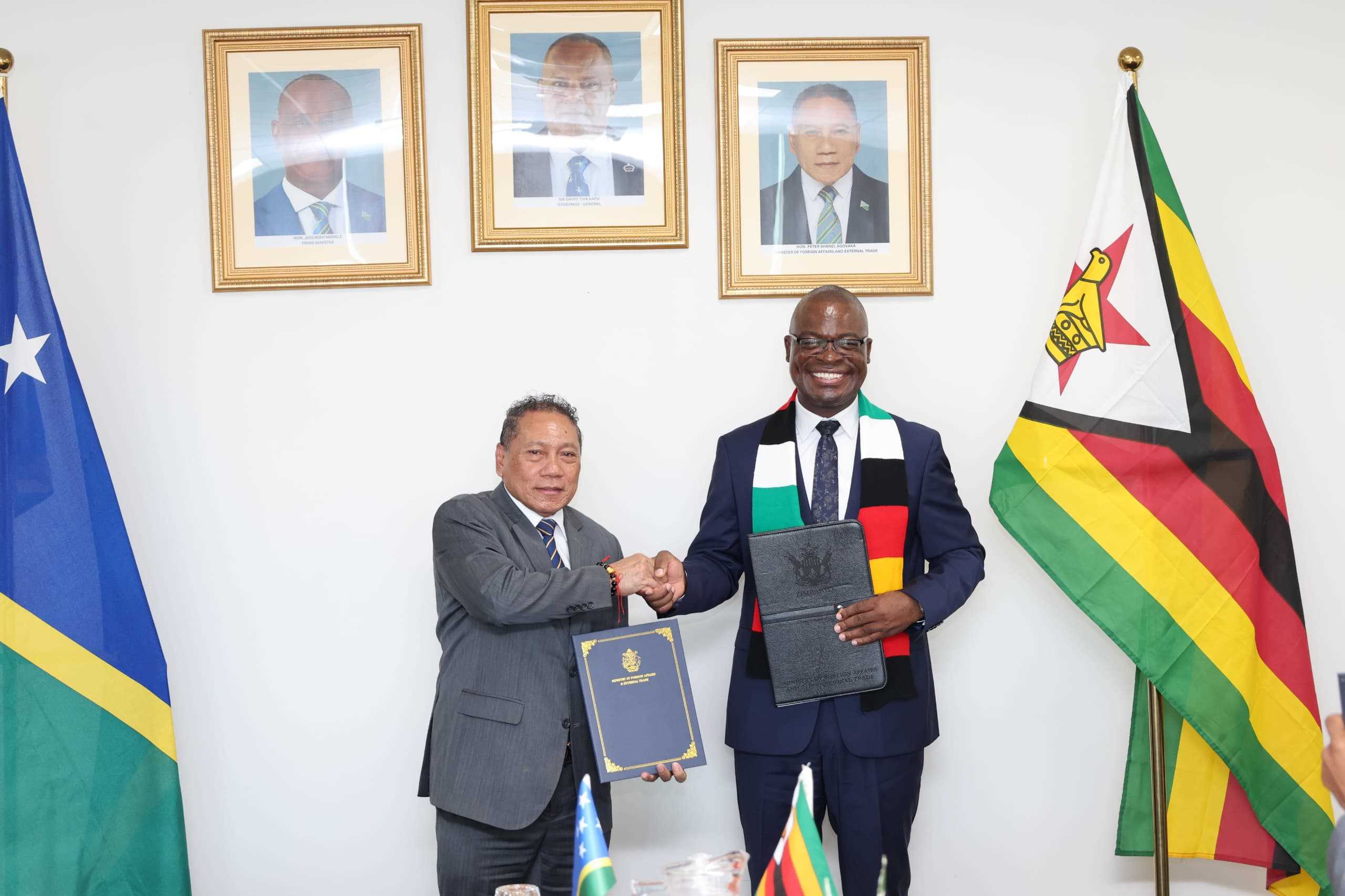

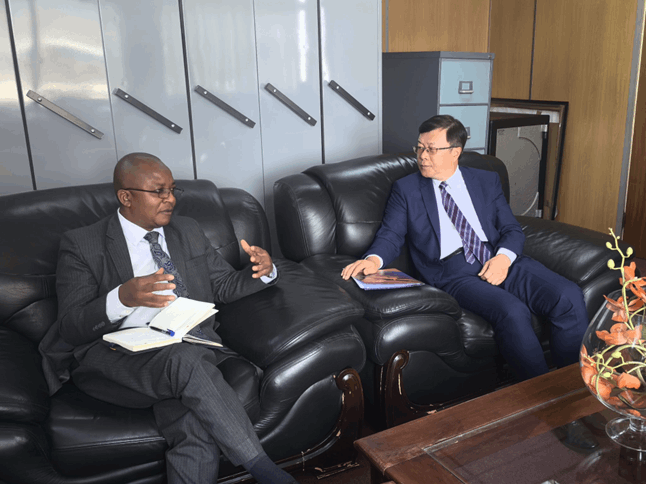

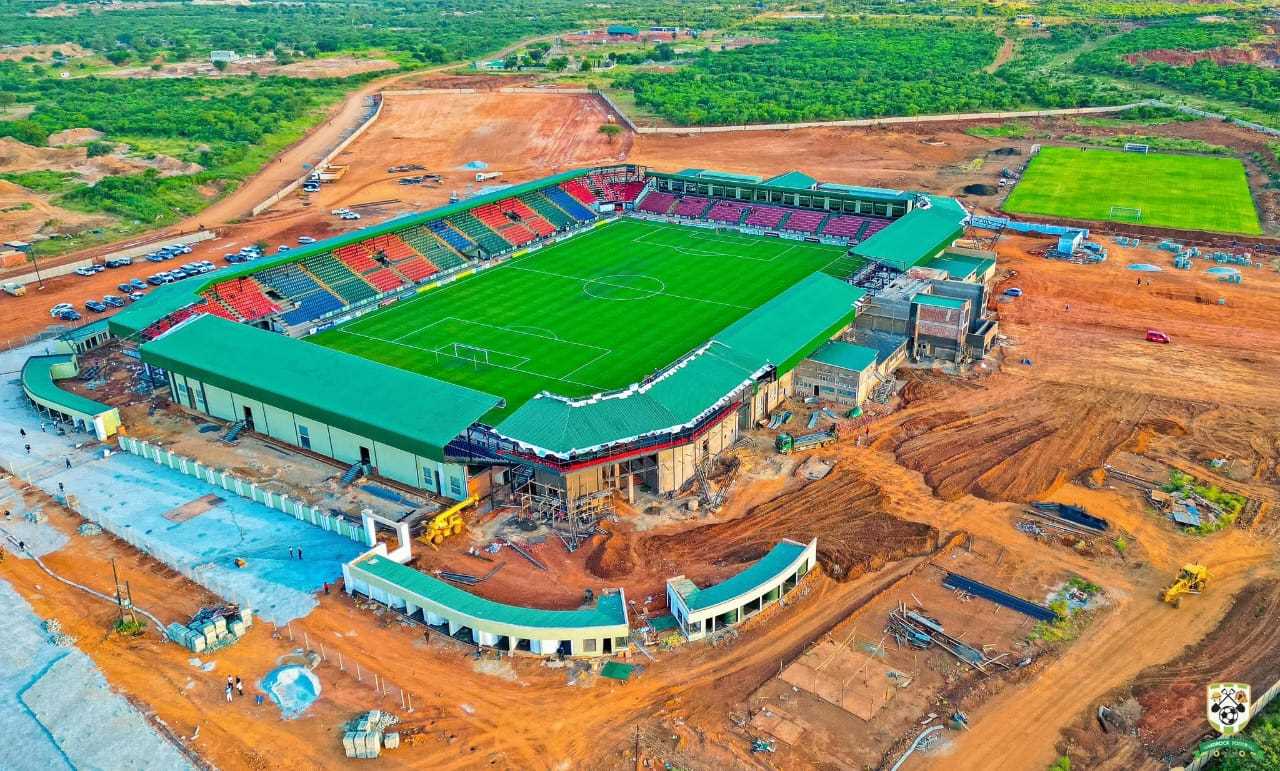
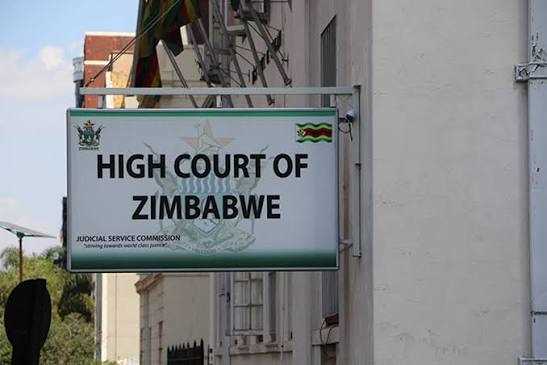


Leave Comments